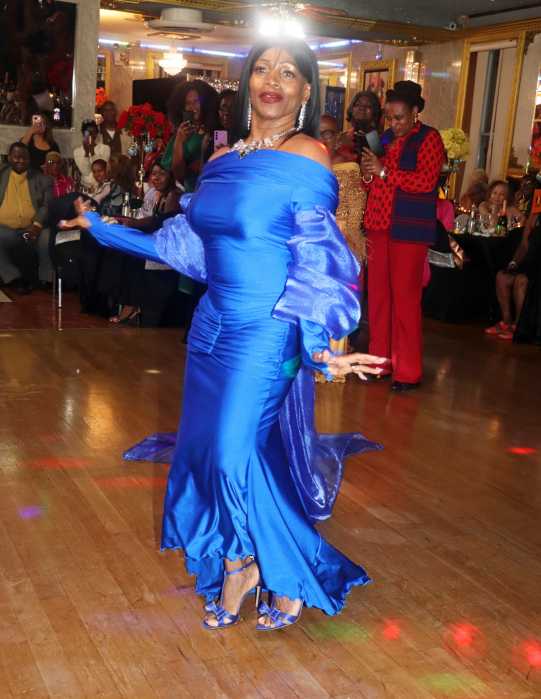By Nelson King
Issuing unprecedented recommendations to the Haitian government, the Inter-American Commission on Human Rights (IACHR) has granted a legal request submitted in October by a group of advocates and attorneys for displaced Haitian women including MADRE, the Institute for Justice & Democracy in Haiti (IJDH), the Bureau des Avocats Internationaux (BAI), the Center for Constitutional Rights (CCR) and CUNY School of Law. The IACHR’s groundbreaking recommendations request that the Haitian government take immediate measures to prevent sexual violence against women and girls in displacement camps.
“Conditions in the displacement camps, following the Jan. 12 earthquake, have exacerbated women’s vulnerability to rape,” said Malya Villard-Apollon, a founding member of the women’s grassroots advocacy organization KOFAVIV (Commission of Women Victims for Victims). “Women and girls live in constant fear for their safety.”
Said Lisa Davis, MADRE’s human rights advocacy director and CUNY law professor, “The IACHR set an important precedent in taking decisive steps to set concrete recommendations before the Haitian government: increase security patrols, improve lighting in the camps, provide medical care and ensure legal accountability. These measures have become more urgent than ever.”
In addition to calling for increased security and lighting, the IACHR’s sweeping recommendations advise Haitian government to provide medical care, including emergency contraception, for rape survivors in displacement camps. In response to the request, the IACHR has also recommended that the Haitian government ensure the full participation and leadership of grassroots women’s groups in anti-violence policies and practices in the camps.
“The IACHR ruling is an important and powerful tool in the fight against gender-based violence in Haiti,” said Annie Gell, the BAI’s Rape Accountability and Prevention Project Coordinator. “The Haitian government and non-governmental organizations must heed the IACHR’s concrete and practical recommendations to protect and empower Haitian women and girls who continue to suffer shocking levels of violence and terror.”
“The IACHR decision is a big much needed step towards providing safety for all women,” said CCR Legal Director Bill Quigley. “It is time for the U.S., the U.N. and the international community to support the courageous women of Haiti who are providing for families in the most trying conditions. Talk is fine, but only a tiny percentage of the money promised by the US for the rebuilding effort has made it to Haiti. It is time for action.”
Erica Richards, an attorney with Morrison & Foerster LLP, said, “We commend the IACHR for listening to the calls of displaced Haitian women whose lives are daily jeopardized by the abject lack of security in the camps. Nearly one year has passed since the earthquake, and these recommendations arrive not a moment too soon. They must now be brought to life.”
Meanwhile, evidence has mounted that recent political instability has drastically undermined women’s safety in the camps. KOFAVIV reports that women lined up at its women’s center for days after the November presidential election. They recounted incidents of rapes and beatings, including cases in which armed men entered some of the camps and shot people at random.
As part of international advocacy efforts demanding accountability and security for women living in the camps, the petitioners to the IACHR denounce the continuing and escalating threat of rape and calls for immediate security measures to be implemented to end the violence.

























